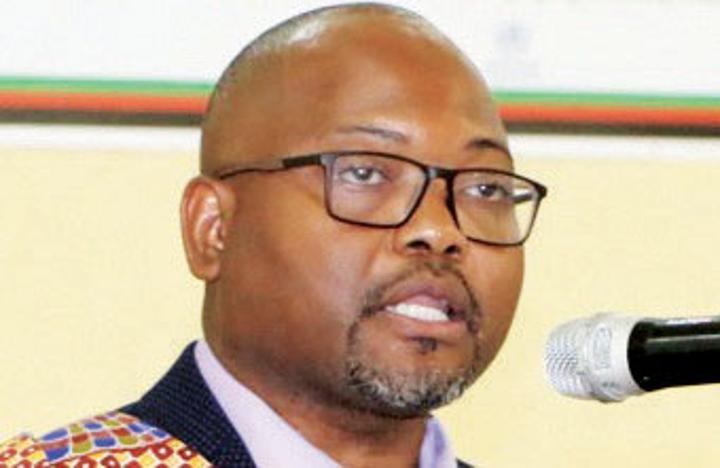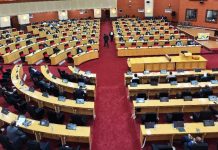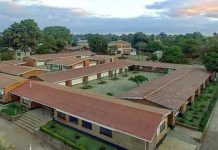Africa-Press – Malawi. Health rights activists say the appeal by the Presidential Taskforce on Covid and Cholera asking for medical supplies from both the private and public sectors is an acknowledgement that the health sector is being overwhelmed and in need of additional resources.
The taskforce issued a statement Monday, signed by the co-chairpersons Khumbize Kandodo Chiponda, who is also Minister of Health, and Alfred Chalamira Nkhoma, asking for public and private sector players’ assistance.
It cites cholera beds, tents, singers lactate, giving sets, examination and heavy duty gloves, gumboots, solar lamps, buckets with taps, aprons and soap among the needed resources.
The taskforce has also asked well-wishers to supply chlorine to schools as one way of improving the sanitation situation there. The development has prompted health rights advocates to suggest that healthcare officials are struggling to mobilise resources.
Malawi Health Equity Network Executive Director George Jobe and health rights advocate Maziko Matemba told The Daily Times Monday that it is clear that the government needs more resources.
“The issuance of the statement implies that the health sector is overwhelmed, in terms of resources. Information gathered from some of the district health offices indicates that they are facing the problem of shortage of materials such as testing kits and tents.
“As such, the taskforce coming out in the open on the issue means it is acknowledging that the health sector needs some support from different stakeholders for it to address the demand for cholera supplies,” Jobe said.
Matemba concurred, saying the country is losing “a significant number of people everyday, with a fatality rate of over three percent”. “This is an indication that the situation is dire. There is, indeed, a need for additional support,” he said. He urged people to adhere to cholera preventive measures. By Sunday this week, cholera had killed 704 people while about 860 were in treatment units.
For More News And Analysis About Malawi Follow Africa-Press






